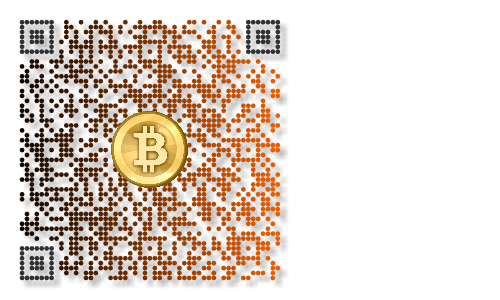But is that really what an RPG is? I think you AND the Bioware guy are just getting hung up on the words "role playing" rather than actually getting into what makes an RPG. Whether an RPG is linear or not doesn't change that both are RPGs. Creating a character doesn't make a game an RPG, making decisions in a game that affect how the game plays out doesn't make it an RPG. In fact, those things have just about nothing to do w/ whether a game is an RPG or not.










 Reply With Quote
Reply With Quote




 PONG IS A RPG BECAUSE IM A FUKIN SHITFACE"
PONG IS A RPG BECAUSE IM A FUKIN SHITFACE"





 Such things already exist, and were something of an internet fad in the late 90s.
Such things already exist, and were something of an internet fad in the late 90s.



